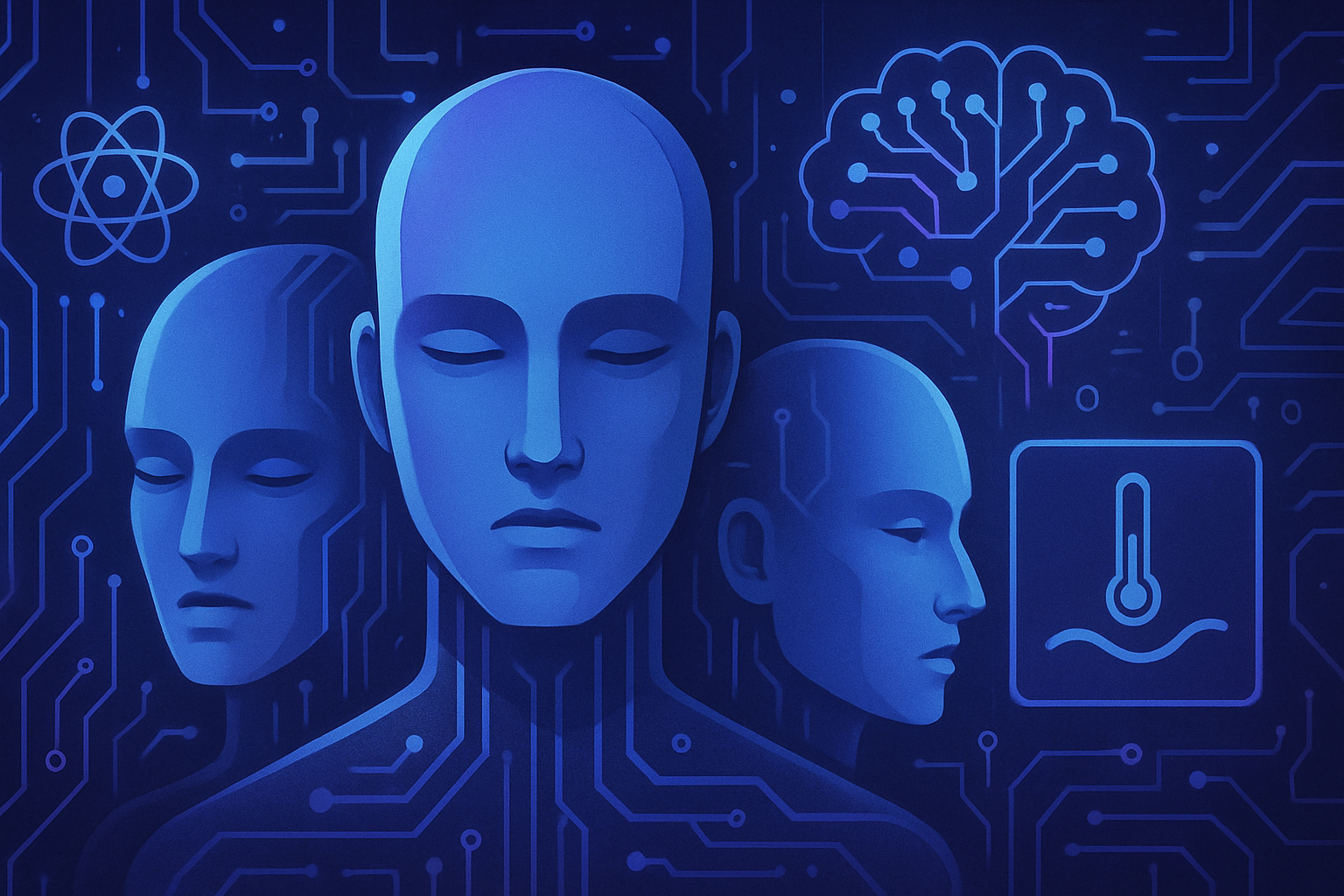The summit for action on artificial intelligence in Paris was the scene of a virulent criticism from the United States regarding the censorship surrounding this emerging technology. In the midst of this international dialogue, the American vice president highlighted the dangers of excessive regulation, particularly from Europe. This position alerts on the fundamental issues related to innovation and freedom of expression.**
The United States at the Paris Summit
On February 11, 2025, the American vice president, J. D. Vance, spoke at the Summit for action on artificial intelligence in Paris. This summit brought together heads of state from various nations, including Emmanuel Macron and Narendra Modi, emphasizing the importance of the subject on a global scale.
Critique of Censorship
From the outset, Vance denounced censorship, particularly that exercised by authoritarian regimes like China. His speech aimed to remind of the dangers of excessive regulation that can stifle innovation. The vice president stated that “the United States are the leaders in AI and intend to remain so.” This assertion resonated as a call for freedom of expression and a rejection of control attempts.
Calls for Balanced Regulation
In response to concerns regarding technological advances, Vance warned against the pitfalls of excessive regulation, which could harm businesses and consumers. Emmanuel Macron and Ursula von der Leyen called for a “third way“, evoking a balance between regulation and innovation. This debate raises crucial questions about the role of technology in our contemporary societies.
Investments and Development
The summit also highlighted significant investments in the artificial intelligence sector. The United States and Europe seek to take initiatives to guarantee their position as leaders in the global AI market. International collaboration on AI would be necessary to prevent abuses while promoting innovation.
Ethical and Socio-Political Issues
The ethical implications of artificial intelligence are generating increasing attention. Technological advancements raise questions about privacy and respect for individual freedoms. At the heart of this discussion is the growing need for an adapted legislative framework.
The Challenges Ahead
The future of artificial intelligence is marked by considerable challenges. The tensions between the United States and other powers, such as China, accentuate the need for international cooperation. The issue of censorship of AI-generated content is becoming particularly pressing, sparking debates within society.
Future Prospects
J. D. Vance’s statements and the subsequent discussions in Paris could herald a new era of regulations regarding AI. Citizens’ vigilance against potential abuses must be accompanied by a critical reflection on how to preserve our fundamental values while integrating these technologies.
Reactions on the International Stage
At the international level, diverse reactions have emerged. Some leaders applaud the call for freedom of expression, while others worry about the consequences of an absence of regulation. The fight against misinformation related to artificial intelligence has become a priority for many countries.
Conclusion of the Discussions in Paris
The discussions at the Paris summit vividly illustrate the growing tensions around AI. The need to establish a balance between economic interests and individual rights is becoming increasingly urgent. The debate will continue as technology continues to shape our societies.
Frequently Asked Questions Regarding AI Censorship at the Paris Summit
Why does Vice President J. D. Vance mention censorship at the Paris Summit?
Vance highlights the concerns of the United States regarding censorship exercised by authoritarian regimes, which he links to issues of free expression and economic prosperity.
What AI regulations are being discussed in Europe?
The discussions focus on regulating emerging technologies to prevent abuses as well as establishing standards to protect individual freedoms.
What are J. D. Vance’s arguments against AI regulation in Europe?
He argues that excessive regulation could hinder innovation and the United States’ leadership position in the field of artificial intelligence.
How do France and Germany respond to U.S. concerns?
Emmanuel Macron and Ursula von der Leyen have advocated for a balanced approach, promoting increased investment in AI while respecting ethical frameworks.
How could AI censorship affect the free flow of ideas?
Censorship can limit access to diverse and relevant information, thereby compromising public debate and inhibiting innovation.
Is there a risk related to AI and citizens’ privacy?
Yes, the use of advanced algorithms to monitor and regulate content raises questions about privacy protection and individual rights.
What impacts could AI censorship have on the global economy?
A restrictive approach toward artificial intelligence could harm countries’ competitiveness while creating inequalities in global technological development.
What role does freedom of expression play in the AI debate?
Freedom of expression is essential to ensure an environment where ideas and innovations can be freely exchanged, which is vital for technological progress.
Why is it crucial to unite forces internationally concerning AI?
International cooperation is necessary to establish global standards that protect both innovation and individuals’ fundamental rights regarding emerging technologies.






